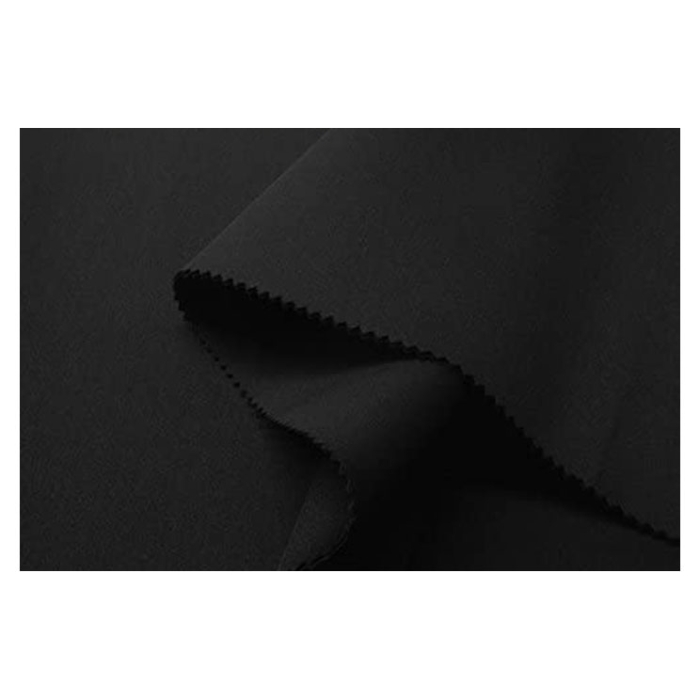Neoprene Sheeting - Real Traditional Neoprene Sheets for Linings and Waterproof Clothing
Aortha Neoprene is an extremely versatile synthetic rubber. Neoprene is famous for its unique combination of properties, which has led to its use in thousands of applications in many diverse environments.
As low as
£55.16
£45.97
Sold per Sheet
Aortha
GB
https://schema.org/MerchantReturnFiniteReturnWindow
14
https://schema.org/ReturnByMail
https://schema.org/FreeReturn
GB
5.95
18
GBP
0
1
DAY
1
3
DAY
Product Description
Utilising specialist rubber as the base component with other mixed substrates, it provides the following unique properties:
100% Latex Free Neoprene:
- 100% Neoprene (CR)
- No chemical impurities
- Excellent insulation properties.
- Good anti-ageing properties.
- High tensile strength & impact resilience.
Physical Properties:
- Elongation Break (%) ±10% 300
- Tensile Strength (kg/cm2) ±10% 7
- Tear Strength (kg/cm)±10% 2
- Hardness (Type A) ±2° 12
- Hardness (Durometer "00") ±5°C 22
- Density (g/cm3) 0.20 ± 0.02
Aortha Neoprene is currently available in sheet format (1.2m x 1.5m) and in both standard and perforated styles.




